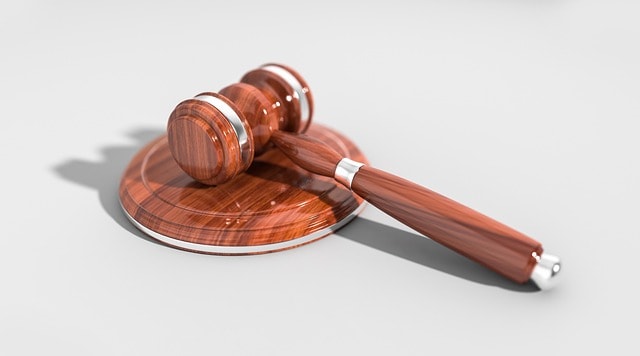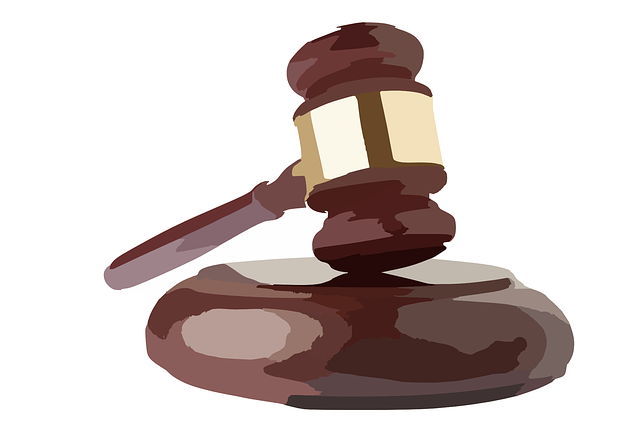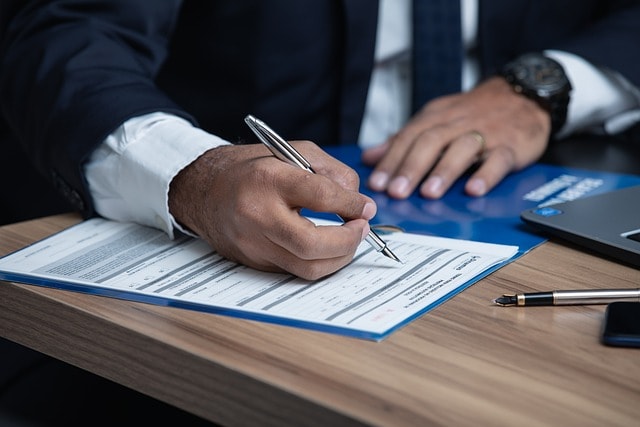Essential Guide on How to Prepare for Court Effectively

Introduction
Entering a courtroom for a divorce hearing, custody dispute, or family law matter can be intimidating and emotionally charged. Whether you’re seeking temporary orders, presenting financial documents, or disputing custody arrangements, how you prepare can significantly affect the outcome of your case. Understanding court procedures, organizing evidence, and working collaboratively with your attorney can help alleviate stress and empower you to put your best foot forward.
Following a straightforward, systematic approach to preparation—from reviewing relevant laws and cases to polishing your presentation style—will increase your chances of communicating effectively, making a strong impression on the judge, and ultimately securing a more favorable result.
Preparing for Your Court Date

- Review the basics of starting your case before preparing for your court date.
- Understand the importance of the trial date, court, and courtroom in your case.
- Familiarize yourself with the court clerk’s office and the other party involved in your case.
- Plan ahead to make sure the courthouse is able to accommodate any needs you might have.
- Request a court interpreter ahead of time if needed.
Understanding Court Procedures

- Different court rules apply to different types of cases and different courts.
- The rules are more formal outside of small claims court, and the advice or representation of an attorney is likely to be very helpful.
- Understand the discovery process and how to use it to gather information.
- Learn about presenting your case to the court and courtroom behavior.
Gathering Evidence and Witnesses

- Identify and prepare the important documents and physical evidence that you plan to bring to court.
- Find copies of contracts and any other written communications between you and the other side.
- Identify and prepare any witnesses who can support a key legal point.
- Ensure that witnesses have personal knowledge of the events in question and are not motivated by a desire to lie for you.
Building a Strong Case

- Review what you must prove to be successful if you are the plaintiff.
- Review what the plaintiff must prove if you are the defendant.
- Be honest with yourself about the strengths and weaknesses of your case.
- Analyze the evidence and witnesses you have gathered to build a strong case.
Organizing Your Documents
- Collect all documents relating to the case, including written contracts, correspondence, and photographs.
- Prepare copies for yourself, the other side, and the judge.
- Organize your documents to ensure they are easily accessible during the trial.
- Ensure all necessary documents are ready to present on the day of your trial or hearing.
Presenting Your Case
- Think about how you are going to present your information to the judge.
- Practice with your witnesses ahead of time, and stress the importance of telling the truth.
- Be prepared to ask questions of your witnesses, and make sure to write out the questions beforehand.
- Listen carefully to the judge’s questions and be prepared to answer them.
Handling Unexpected Situations
- Prepare for what to do if the other side doesn’t show up.
- If you are the plaintiff and the other side does not show up, ask the judge to enter a default judgment in your favor.
- If you are the defendant and the other side does not show up, ask the judge to dismiss the case.
- Be prepared to handle any unexpected situations that may arise during the trial.
After the Trial
- Whether you win or lose, there will likely be steps you will need to take after the trial.
- Understand the next steps in the process and what you need to do to move forward.
- Follow up with the court clerk’s office to confirm the trial’s outcome.
Final Tips and Reminders
- Make sure to turn off your cell phone before entering the courtroom.
- Be respectful of the judge and the courtroom staff.
- Avoid interrupting the judge or other parties in the courtroom.
- Have a prepared statement ready to present to the judge.
- Stay calm and focused, and remember that this is your opportunity to present your side of the story.
FAQs on How to Prepare for Court Effectively
1. How far in advance should I start preparing for my court appearance?
It’s best to begin preparing as soon as you receive your court date or know you’ll be involved in litigation. Starting early gives you ample time to gather evidence, meet filing deadlines, and work closely with your attorney to develop a sound legal strategy.
2. What documents should I bring to court?
You’ll typically need documents supporting your claims or defenses—such as financial statements, tax returns, bank records, parenting plans, medical or school records of your children, and communications (emails, texts) relevant to the case. Your attorney can provide a tailored checklist based on your situation.
3. Do I need an attorney to prepare effectively?
While it’s not always legally required to hire an attorney, having one can be highly beneficial. An experienced attorney can help you understand local rules, meet court deadlines, present evidence effectively, and advocate. If you’re handling the case independently, consider at least seeking a consultation to understand your rights and responsibilities.
4. How can I manage my nerves before and during the hearing?
Preparation is key to reducing anxiety. Rehearse your key points, familiarize yourself with the court’s procedures, and consider doing a “practice run” with your attorney or a trusted friend. On the day of the hearing, arrive early, breathe deeply, speak slowly, and focus on presenting your case clearly rather than reacting emotionally.
5. How do I dress for court?
It’s advisable to dress neatly and conservatively as if you’re attending a professional job interview. This shows respect for the court and can make a positive impression on the judge. Avoid casual clothing, flashy accessories, or clothing with slogans.
6. Can I bring witnesses, and how should I prepare them?
Yes, witnesses can be crucial in supporting your version of events. Make sure your witnesses are credible, well-informed about the facts they’ll be testifying to, and aware of the trial date and time. It’s helpful to review their testimony with them beforehand, but never coach them to say something that isn’t true.
7. How should I present evidence in court?
Organize your documents in a logical, easy-to-follow manner. Label exhibits clearly and have copies ready for the judge, the opposing party, and your own records. When the time comes to present evidence, follow your attorney’s guidance or the judge’s instructions. Only speak when prompted, and keep explanations concise and to the point.
8. What if I don’t understand something the judge or an attorney says in court?
If you are unsure about a question or a procedural point, it’s acceptable to say that you don’t understand. The judge or your attorney can clarify. It’s better to ask for clarification than to guess and provide an incorrect answer.
9. How do I handle questions from the opposing attorney?
Stay calm, listen carefully, and take a moment to think before responding. Answer truthfully and directly, without volunteering unnecessary information. If you don’t know the answer, say so. If the question is unclear, politely ask for it to be repeated or rephrased.
10. What should I do after the hearing is over?
After the hearing, review any orders the judge has issued and follow them promptly. If you are unsure about your next steps—such as appealing a decision, complying with an order, or pursuing settlement negotiations—consult with your attorney. Post-hearing diligence can help you stay on track toward a positive resolution.
Conclusion
Preparing for court effectively is not just about having the right paperwork; it’s about mastering the process, planning your strategy, and anticipating potential challenges. By diligently gathering evidence, seeking professional legal guidance, and presenting your case with clarity, you set the stage for a more focused, productive hearing. Equally important is maintaining composure, demonstrating respect for the court’s procedures, and being open to negotiation or mediation when appropriate. A thoughtful, well-executed preparation can help you navigate the courtroom environment with confidence, ensuring that you and your family move closer to a fair, just resolution.
Related Terms: Court hearing, court papers, all the documents, local court, courtroom clerk, judge interrupts, day in court, court staff, judge asks, court case













